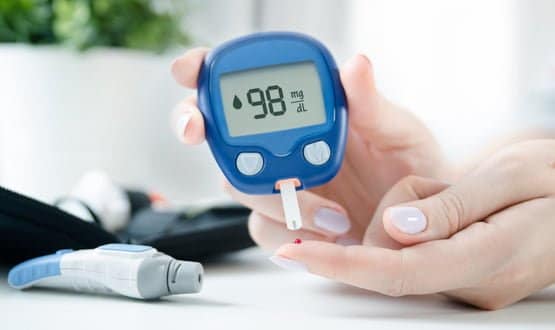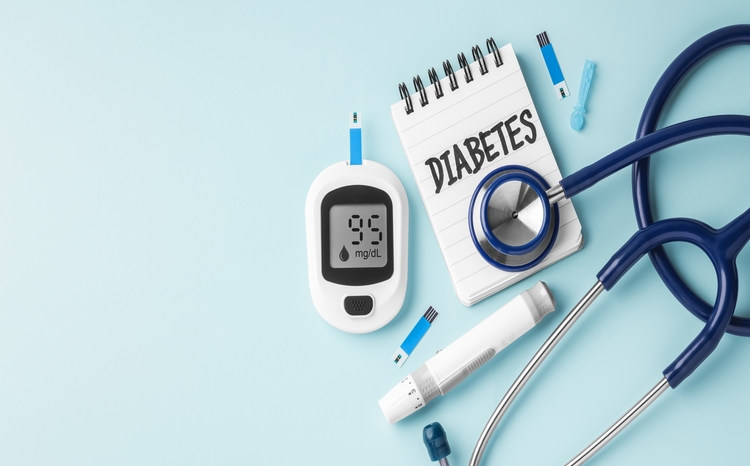Online portal launched for people with Type 2 diabetes

An online portal for people with Type 2 diabetes which offers advice, has been launched.
The NHS England initiative aims to help people manage their condition in an “increasing digital age” to reduce instances of extra medication being required, as well as unnecessary hospital visits.
Users will be able to access evidence-based information on diet and exercise, and emotional support to help them deal with the physical and mental challenges of diabetes.
Trials of the online portal showed it helped reduce peoples blood glucose levels, a crucial part of managing the condition.
Funded by the National Institute of Health Research, the programme demonstrated significant improvements in people’s average blood sugar and an improvement in the mental health of people newly diagnosed with the condition.
Eleven sites will pilot the portal later this year, ready for a national roll-out from 2020.
Following the successful trial, a range of online tools, resources and support services will now be made available, including:
- Educational courses supporting lifestyle changes to help people better manage their diabetes
- Trustworthy information relating to lifestyle choices including diet, exercise and managing alcohol consumption
- Support for emotional wellbeing, including to manage the distress people can experience when first diagnosed with the condition
Professor Jonathan Valabhji, national clinical director for diabetes and obesity for NHS England, said: “Access to trusted information and support is key to helping people manage their diabetes and this online tool helps deliver this as part of our Long Term Plan to tackle major conditions and diseases.
“We are living in an increasingly digital age with people managing most aspects of their life online, the rollout of this programme will give people the opportunity to get support for their Type 2 diabetes online too.”
There are currently more than 2.8 million people diagnosed with type 2 diabetes and a further 750,000 people are believed to be living with the condition undiagnosed.
If the condition is left unmanaged it increases a person’s risk of heart disease, kidney failure, blindness and severe nerve damage.
About 10% of health expenditure in the NHS is diabetes related, costing about £10 million per year largely in preventable complications.
The full list of areas trialling the programme is below:
- Cambridgeshire and Peterborough
- Bedfordshire, Luton and Milton Keynes
- Nottinghamshire
- Northamptonshire
- South East and South West London
- North West London
- Cumbria and North East
- West Yorkshire and Harrogate
- Surrey Heartlands
- Gloucestershire






2 Comments
Plus, as the blood has not yet been applied to the meter, why is it reading anything at all.
A bit sad that this piece is illustrated with a blood glucose meter, when routine monitoring in Type 2 diabetes is not recommended (and may not be funded). And the UK has been on SI units for lab tests since 1975 so why does the meter read in mg/dL
Comments are closed.